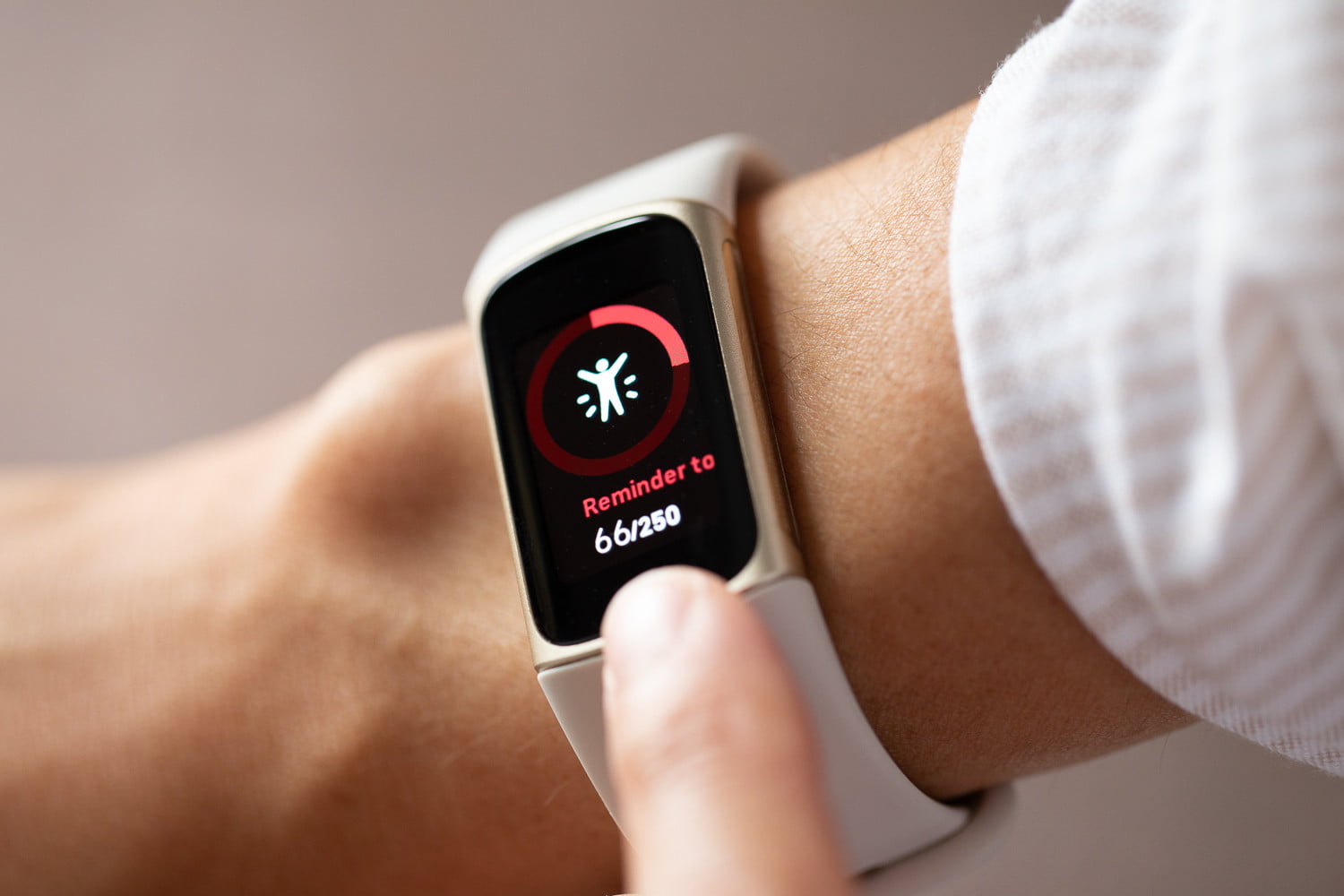Fitbit has been given the green light for a new feature that will passively check for atrial fibrillation (AFib), a form of irregular heart rhythm.
Clearance for Fitbit’s new PPG (photoplethysmography) algorithm was granted by the U.S. Food and Drug Administration (FDA), paving the way for a new Irregular Heart Rhythm Notifications feature for certain Fitbit devices.
AFib is believed to affect around 33 million people globally, and individuals with the condition are at greater risk of suffering a potentially debilitating or life-threatening stroke.
As AFib usually occurs without warning, and sometimes without any noticeable symptoms, the condition can be hard to detect. However, Fitbit’s system will function around the clock, in the background, with the device’s sensors checking for any heartbeat abnormalities throughout the day and during sleep.
If the device detects anything that could be AFib, the Fitbit device will send a notification to the wearer. It should be emphasized that while the feature cannot be used to diagnose AFib, it can flag the possible presence of the condition. In that case, anyone receiving a notification is encouraged to visit a doctor for further assessment.
The FDA clearance of Fitbit’s PPG-based algorithm means Fitbit now offers two ways to detect AFib, the other being Fitbit’s ECG (electrocardiogram) app that lets wearers proactively screen themselves for AFib. The new system, however, is a significant step forward as it allows for passive monitoring 24/7, increasing the chances of AFib detection should the wearer be living with the condition.
“We want to make AFib detection as accessible as possible to help reduce the risk of potentially life-threatening events — like stroke — and ultimately improve overall heart health for everyone,” Google-owned Fitbit said in a release announcing the new feature.
It added that the PPG-based algorithm and Irregular Heart Rhythm Notifications feature will be available “soon” to consumers in the U.S., across a range of its heart-rate-enabled devices.
In the same sector, Apple’s most recent smartwatches already include a similar AFib detection feature, but according to its website it only “occasionally” runs checks. It’s also possible to manually perform a check via an ECG feature, though as noted earlier, manual checks are not an ideal way to detect AFib.


